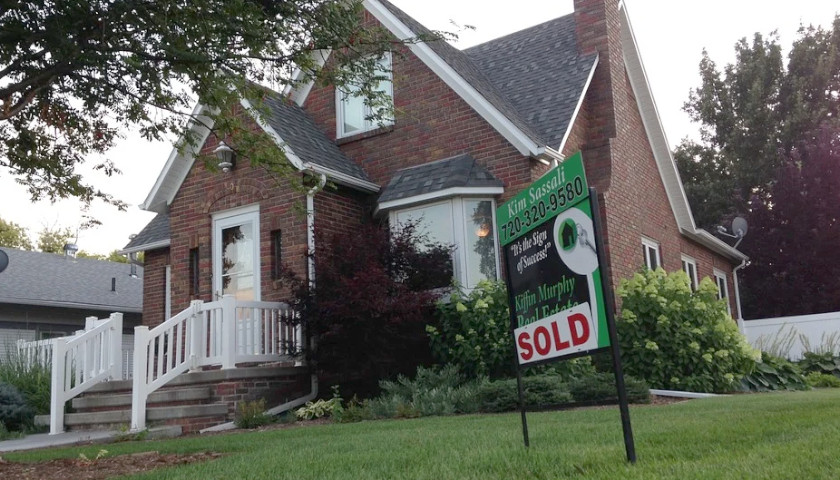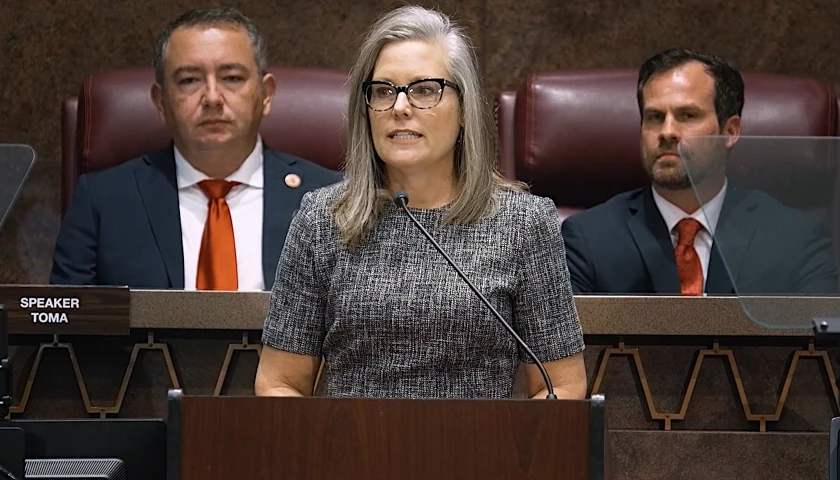by Anthony Hennen
Spot assessments can be used across Pennsylvania to reassess a property’s value, resulting in higher tax bills for homeowners. According to a new report, Allegheny County’s school districts have driven an increase in spot appeals, increasing assessed values by almost $462 million.
The result is that homeowners must pay more in taxes, incentivizing school districts to request a spot assessment.
A report from the Allegheny Institute for Public Policy found that the county heard 10,226 appeals of assessed values, the highest number since 2014. The vast majority of properties – 81% – had their values increased. The pre-assessed value of $3.6 billion became a post-assessed value of $4 billion.
That understates the change for residential properties, as 92% of properties were residential. Home values increased $558.7 million, whereas nonresidential assessments had a net decrease of almost $100 million.
“With a long period since the last reassessment, changes in market value as indicated by recent sales typically drive governing body appeals,” wrote Eric Montarti, research director at the Allegheny Institute.
As The Center Square previously reported, spot appeals in Pennsylvania function as a “newcomer tax.” The state does not require counties to reassess property on a regular basis, so some counties can go decades without a change in assessed property values.
When a governing body thinks a property is undervalued, instead of doing a countrywide assessment, they can target individual properties, which tend to be new home sales. Thus, taxing authorities can ask for an appeal when a home is sold as a way to increase property tax revenues. A proposed bill, SB297, would ban spot assessments if it’s signed into law.
Pennsylvania is one of nine states without a statewide reassessment requirement, and some see a statewide rule as a way to avoid the contentious process of spot appeals. Some spot appeals in Allegheny County have led to a lawsuit, and in a win for some property owners a court order this week will require the county to reexamine how it calculates assessments.
“A predictable reassessment cycle would go a long way in not only restoring fairness to the property assessment process not only in Allegheny County but in other counties in the state with even older base-year assessments,” Montarti wrote.
– – –
Anthony Hennen is a reporter for The Center Square. Previously, he worked for Philadelphia Weekly and the James G. Martin Center for Academic Renewal. He is managing editor of Expatalachians, a journalism project focused on the Appalachian region.








